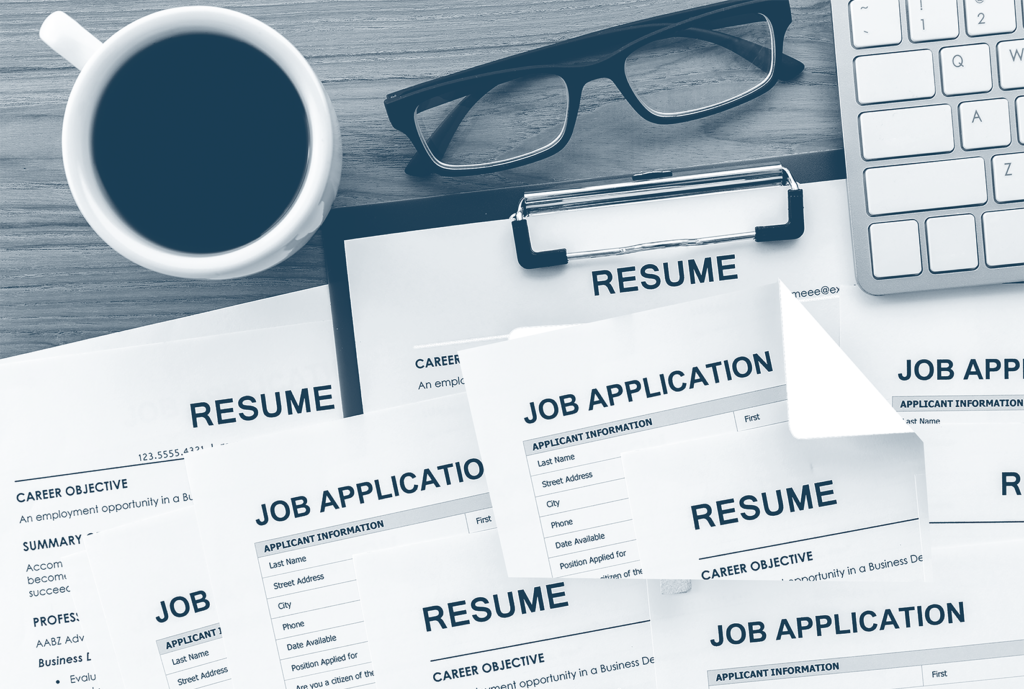Nondisclosure agreements (NDAs) have become increasingly common on Wall Street in recent years.
But what exactly is an NDA? And why is it so important to comply before, during, and after your job hunt?
When you sign an NDA, you agree not to disclose certain details that you learn in the course of interviewing or working in a business. Depending on the nature of the agreement, the NDA covers a wide array of matters, from numbers to the configuration of a deal, to your employer’s vendor lists, to training methods, business strategy, and materials.
Funds use NDAs to protect trade secrets, relationships, and the privacy of clients, partners, vendors, shareholders, and beyond. For funds, NDAs allow participating parties to work effectively, without concern that someone might share critical information.
The ubiquity and breadth of these agreements can fool signers into thinking that NDAs are just formalities. Nothing could be further from the truth. While it might be tempting to tell your friends about a significant deal at work, or to ingratiate yourself to a potential new employer by sharing details from your current or previous workplace, doing so can set you up for trouble—in more ways than you’d think.
Legal Ramifications
When you sign an NDA, you agree to a legally binding contract. If you break your NDA, you expose yourself to a wide variety of legal consequences. Most candidates know that this is the case and are careful to avoid breaking their agreements when networking and interviewing. It is important to remember however, that these contracts don’t apply just to people working in the industry. Sharing sensitive information with friends, family, or in public can have unexpected consequences.
You cannot trust others to keep that information private. You don’t know who is listening.
Once you disclose information, you no longer control it, and it can end up in the wrong place. Should that happen, you may face termination, and potentially serious civil or criminal consequences.
Harm to Your Reputation
The consequences extend beyond potential legal action. Breaking your NDA can seriously harm your career prospects. Wall Street is full of talent. Why should anyone take a risk on a candidate who can’t be trusted with proprietary information?
It is especially important to abide by your NDA during the interview process. You might feel tempted to share confidential information with interviewers—after all, sharing secrets is a common way for people to ingratiate themselves to each other. Maybe you want to demonstrate that you’re a team player. Maybe you want to share an anecdote that makes you look like an especially good fit for the job.
Regardless, this kind of thinking will backfire. Your interviewer will see someone who can’t be trusted to protect the company’s information.
How Do I Know What I Can’t Disclose?
Fortunately, it is easy to avoid breaking a NDA. It’s just a matter of understanding what the agreement actually says. Before signing, be sure to carefully review the language. If you have any doubts, hire a lawyer to make sure that you fully understand what the NDA covers. Most importantly, when in doubt, always err on the side of confidentiality. Be a steel trap!
That is the way to win the confidence of your future employers.




